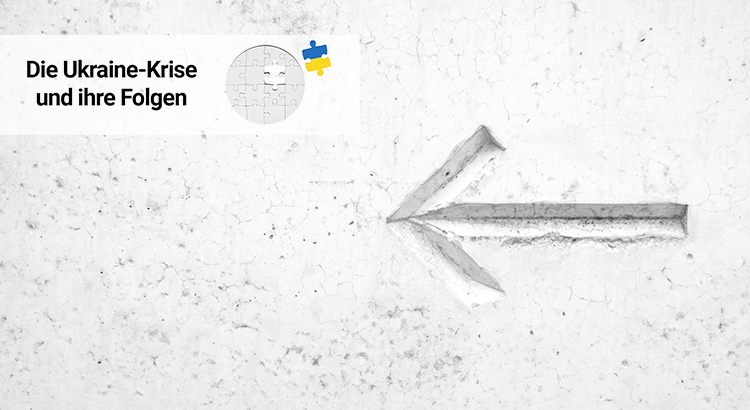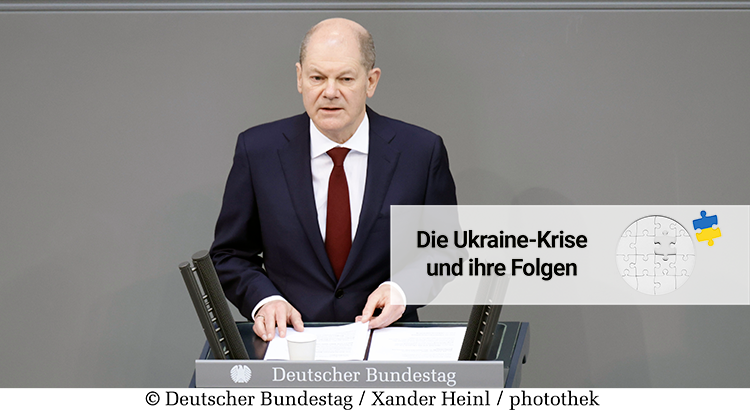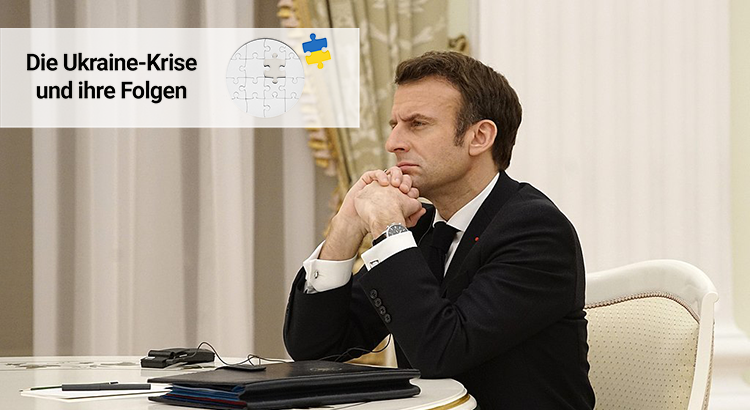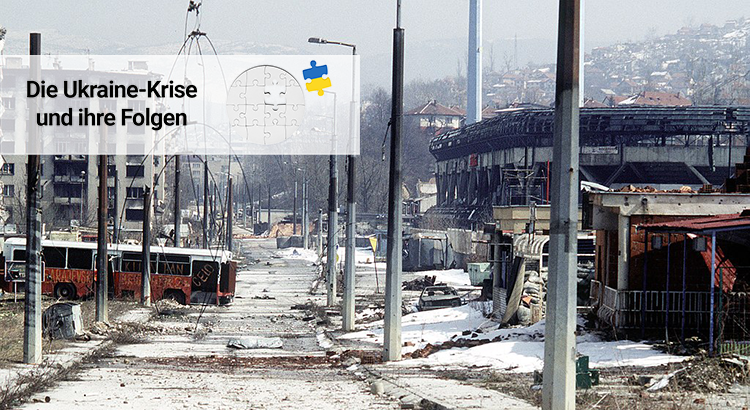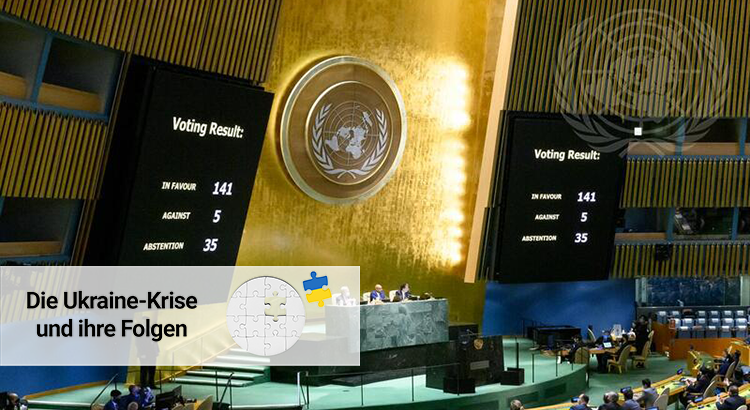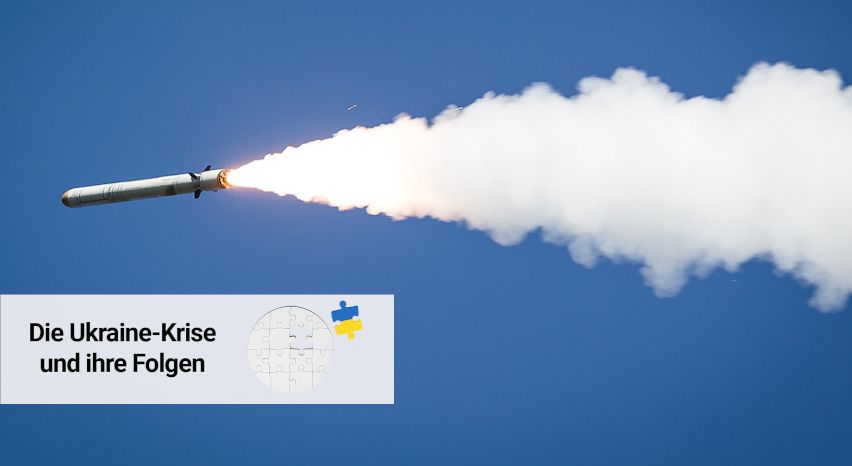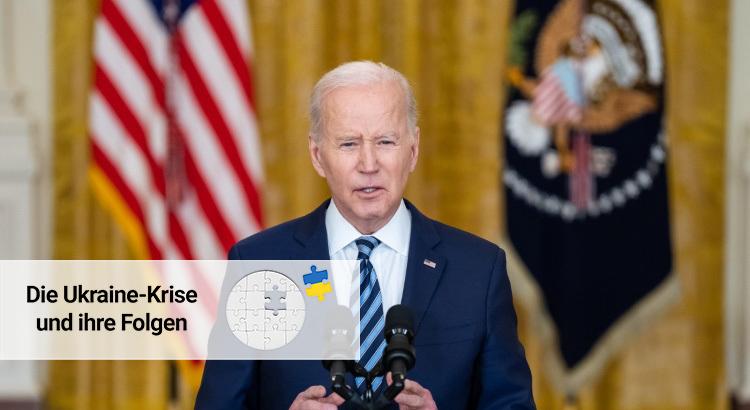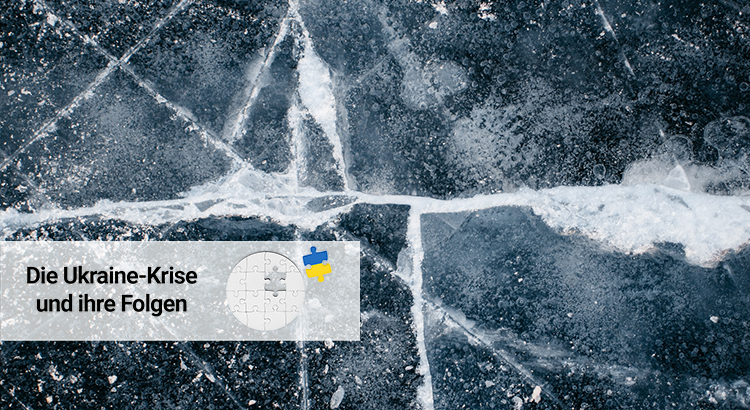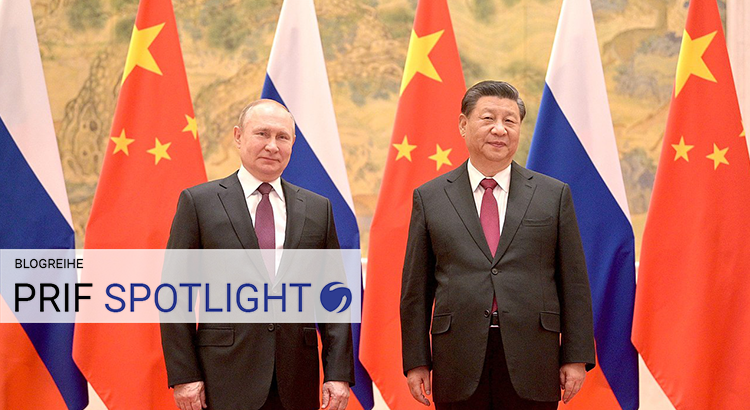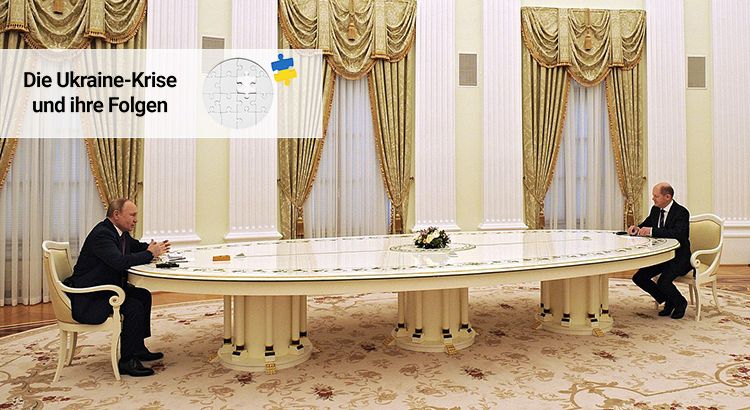Schlagwort: Ukraine
Der Krieg in der Ukraine ist eine Zäsur in der deutschen Sicherheits- und Friedenspolitik. Das...
Wer im falschen Film spielt, den bestraft das Leben
Zeitenwende – aber wohin? Der Kanzler hat den Einmarsch von Putins Russland in die Ukraine eine...
France and the Russian-Ukrainian conflict: an analysis of Macron’s diplomatic efforts
Since December 2021, French President Emmanuel Macron and his Russian counterpart Vladimir Putin...
Blick zurück nach vorn: Was droht bei einer Belagerung ukrainischer Städte?
Bei ihrem Überfall auf die Ukraine sind die russischen Truppen auf größeren Widerstand gestoßen...
Totgesagte leben länger: Die Vereinten Nationen und der Krieg in der Ukraine
Die Vereinten Nationen (UN) scheinen machtlos im Krieg um die Ukraine. Die Organisation, die...
„High Alert“ in Europa: Risiken der beabsichtigten oder unbeabsichtigten nuklearen Eskalation des Krieges
Der Angriff auf die Ukraine hat auch eine nukleare Dimension: Putin rechtfertigte die Invasion...
Tanz auf tektonischen Platten: Biden und die US-Anti-Interventionisten in der Ukraine-Krise
US-Präsident Joe Biden hat sich in der Ukraine-Krise klar als Anführer des westlichen Widerstands...
Frieden am Ende? Die Eskalation im Russland-Ukraine-Konflikt und die Rolle der Friedenspolitik
Russland hat den Krieg begonnen. Der Angriff auf die Ukraine und die Anerkennung der...
A new Sino-Russian Entente? The limits of cooperation on Ukraine and beyond
As the military standoff over Ukraine continues, both sides have attempted to mobilize...
Die Ukraine-Krise: von der Deeskalation zur Konfliktlösung?
Nach Wochen kontinuierlich steigender Spannungen zeichnet sich aktuell mit Russlands Ankündigung...
